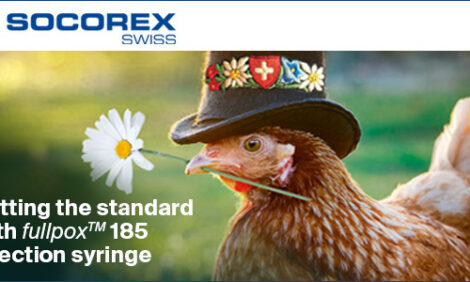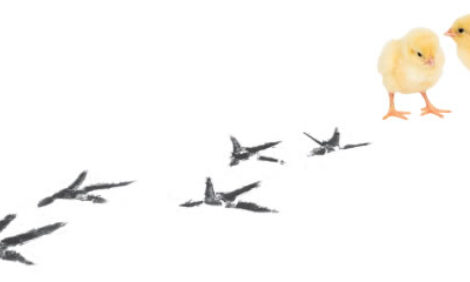



Minimising Neighbours Complaints
By Dan L Cunningham, Extension Coordinator, University of Georgia - Poultry production in Georgia and the United States continues to grow and expand to meet the demand by consumers for this high quality food item. At the same time, however, we are experiencing increasing urbanization and loss of agricultural lands in many areas of the country.
In addition, many
urbanites are moving to the country to satisfy their desire for “country living”. Many of these individuals
have little or no understanding of commercial farming practices. As a result, they often tend to be intolerant
of typical farming practices that produce dust, odors and insect pests which are a normal part of farming. This
unfortunate set of circumstances is leading to more and more neighbor relations conflicts and in some cases
law suits. What is surprising is that we are seeing these issues occur in some of our more rural communities.
Thus, it is important that poultry farmers take every precaution and utilize every management practice
available to minimize the potential for conflict with neighbors. The following is a list of suggested farm
practices that poultry producers may use to reduce the probability of a conflict:
Get to know your neighbors. This is one of the most important steps a grower can take and it is rather simple to do. People are generally more open to communication with people they know and are generally more agreeable to compromises with people they like and respect. Individuals who have good relationships are not likely to take their differences to court.
Understand you neighbors concerns. Try to operate your farm as if you were the next door neighbor. Recognize that neighbors have the desire to enjoy their property without the nuisance of flies, dust and odor. A properly maintained and operated poultry farm does not need to be, and should not be, a nuisance to neighbors.
Screen some things from public view. The old adage “out of sight, out of mind” definitely applies to poultry farming. People often “smell” with their eyes, so screening production, manure and composting facilities from public view with the use of trees, buffer zones or landscapes can help reduce the idea that the farm is a source of odor, flies, or other nuisances.
Cover stored and transported manure. A stack house or permanent structure with a roof is the best way to store poultry litter, but a tarp can be used to protect the manure pile from being a source of pollutants for surface and ground water. State law requires that any material that can be blown during transportation must be covered.
Be considerate when applying manure to land. Poultry manure from well-managed dry production systems will have minimal odor, but always consider the prevailing winds and weather conditions when spreading near neighbors. Windy or wet conditions can displace nutrients and cause contamination problems for neighbors. Incorporation into the soil is the best method of utilizing the available nutrients and minimizing nuisance concerns. If you are experiencing complaints from your neighbors as a result of spreading, you might want to consider transporting the litter off the site to diffuse the issue.
Keep manure, feed and other organic material dry. Wet materials generate more flies and odors than those that are kept dry. Clean up spilled feed and manure around the facilities and roadways to prevent these types of problems. Keep stock piled manure covered.
Make you farm appealing. Farm appearance is important. It provides an impression of the owners professionalism and competence. A poorly maintained farm conveys a message of poor management and a lack of concern for neighbors. Keep your farm clean and free of eyesores and you will generate more good will in your community. Remember, as a poultry farmer, you not only represent yourself, but you are a representative of poultry farming in general.
Utilize manure management programs. Develop and implement a nutrient management program (NMP) on your farm. An NMP can help you utilize the litter from your operation appropriately to maximize the nutritive value and minimize the potential for nutrient contamination. Having a documented NMP can also be beneficial in dealing with neighbor complaints.
Comply with applicable federal, state and local environmental and zoning regulations. Don’t give neighbors legal reasons to investigate or sue over regulatory violations.
Manage dead bird disposal. Improper or poorly managed mortality disposal systems can be a key source of flies and odors. Be sure that burial pits, compost piles and incinerators are functioning properly to minimize these problems. It is a very good idea to place these disposal areas as far away from neighbors as possible.
Source: University of Georgia - Poultry Science - November 2005









